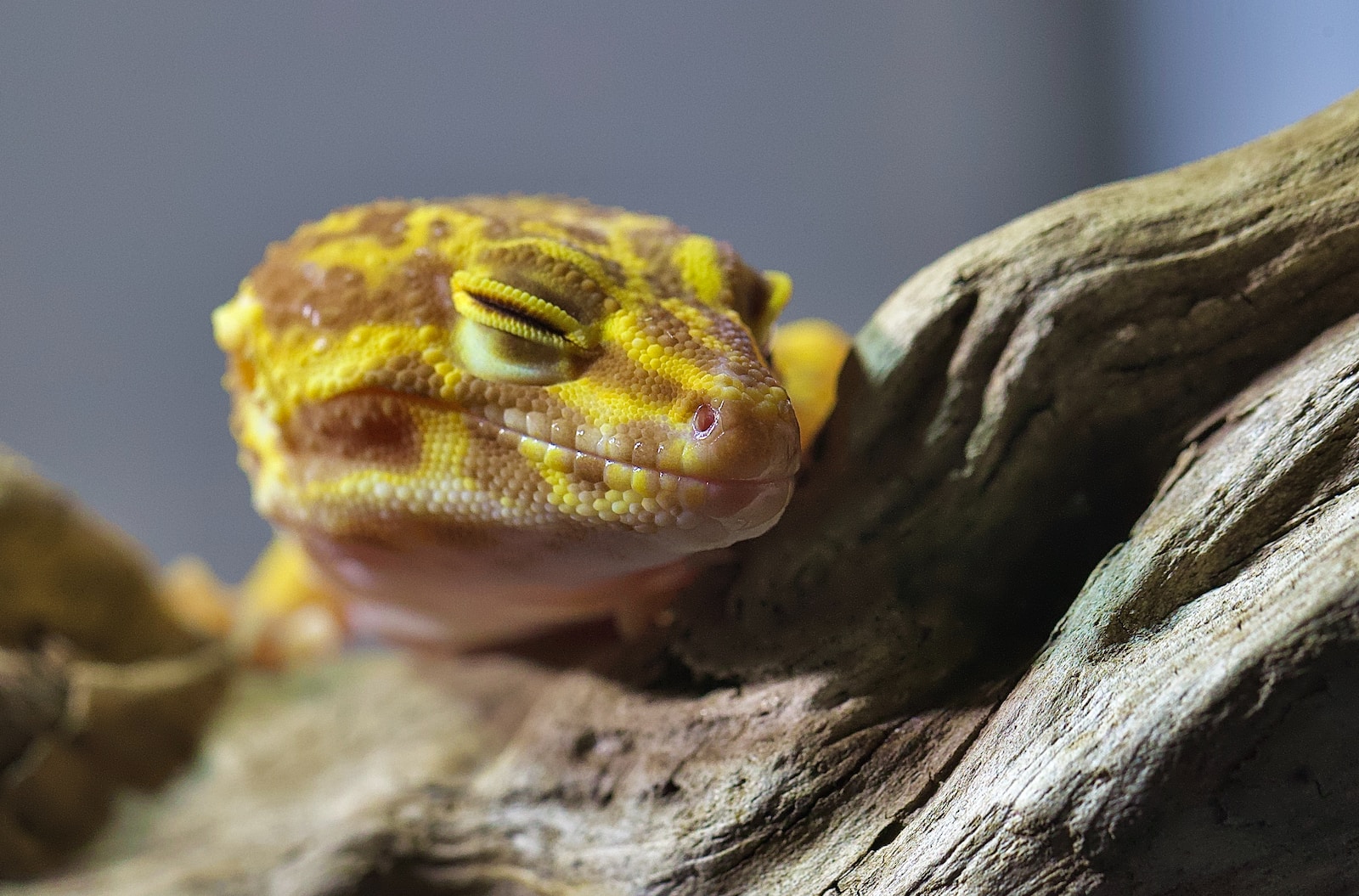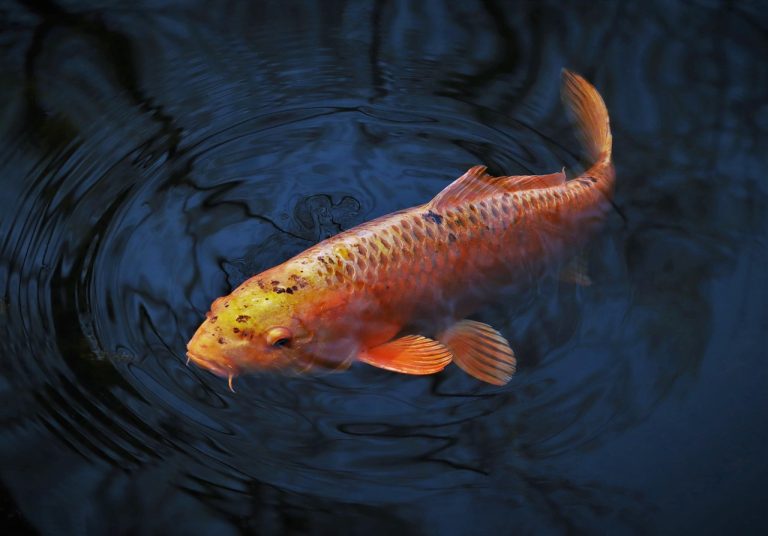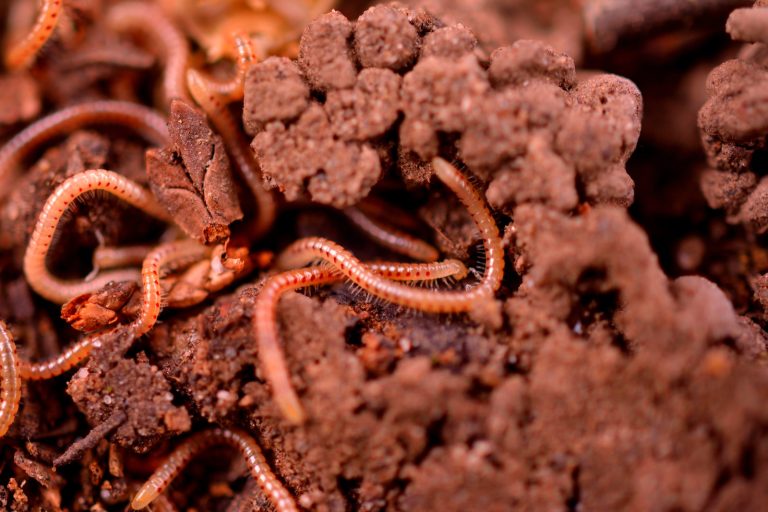Introduction
Leopard geckos, with their striking appearance and captivating behavior, have long been a favorite among reptile enthusiasts. One of the most intriguing aspects of these creatures is their eyes, which can sometimes be affected by blindness. In this comprehensive guide, we delve into the realm of blind leopard gecko eyes, shedding light on how these geckos function, adapt, and thrive despite their visual impairments.
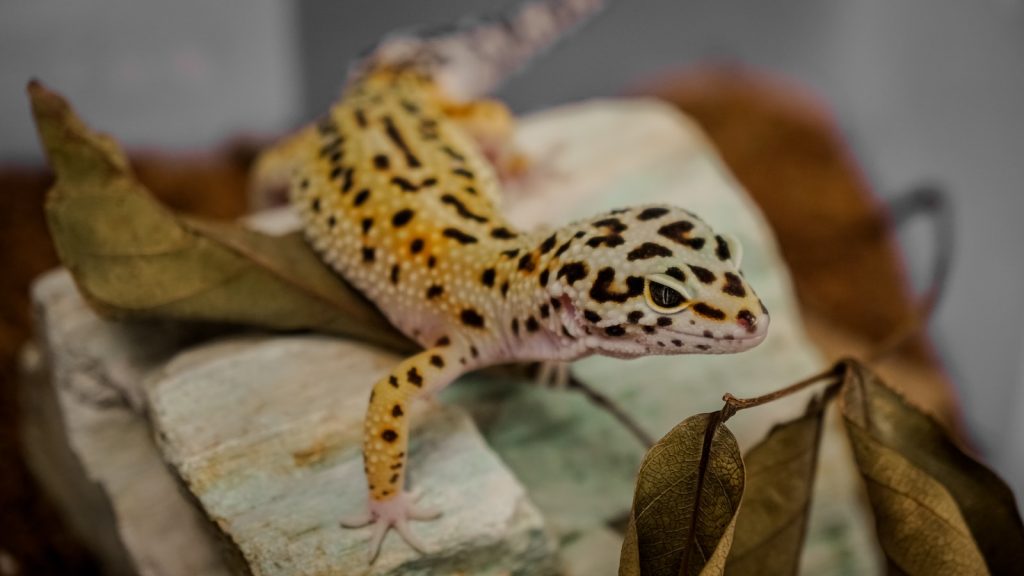
Blind Leopard Gecko Eyes: A Closer Look
Leopard geckos (Eublepharis macularius) are known for their distinctive appearance, featuring vibrant spots and a unique eyelid structure. However, some individuals within the population may experience blindness due to various factors. Let’s explore the intricacies of these unique eyes and understand the challenges and adaptations associated with blindness.
Understanding Blindness in Leopard Geckos
Blindness in leopard geckos can result from congenital issues, injuries, infections, or genetic predispositions. These factors can impact the gecko’s visual system, affecting their ability to perceive light, movement, and objects in their environment. But how do these geckos manage to survive and thrive without their primary sense?
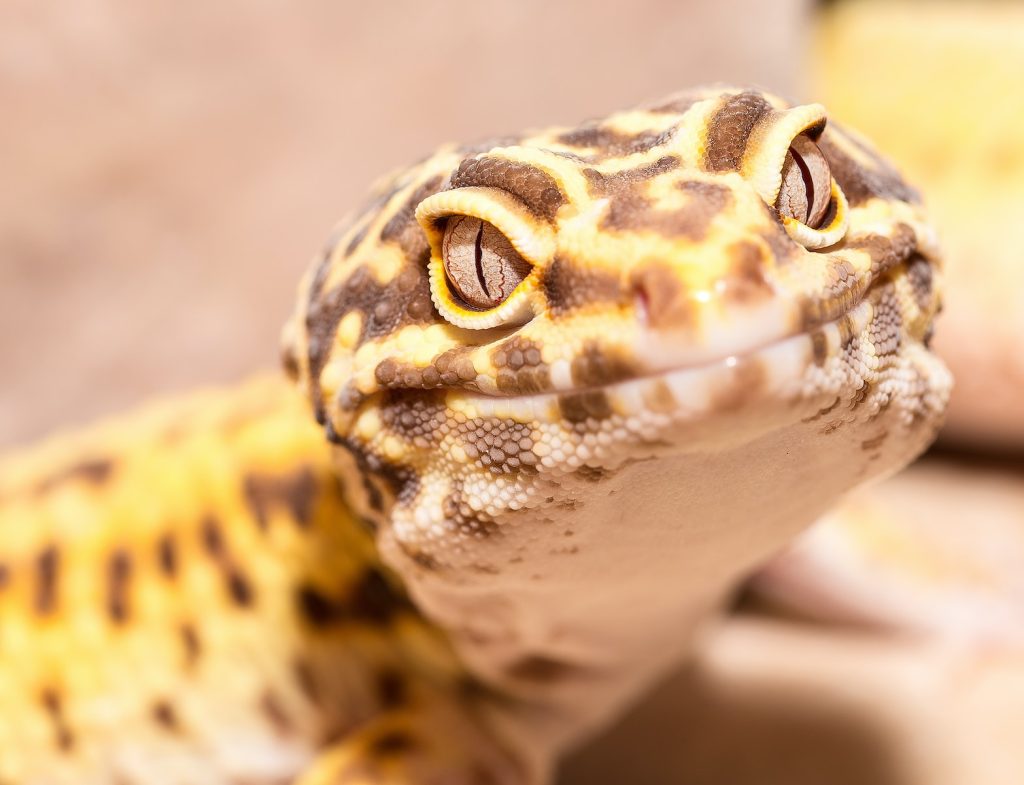
Adapting to Darkness: The Geckos’ Super Senses
While sight is crucial for most animals, leopard geckos have developed an array of remarkable senses that compensate for their lack of vision. These adaptations enable them to navigate, hunt, and interact effectively within their surroundings.
- Heightened Sense of Touch: Leopard geckos possess specialized sensory organs in their skin, allowing them to feel vibrations and textures. This acute sense of touch helps them detect prey, obstacles, and even potential predators.
- Keen Olfactory Abilities: Their sense of smell is highly developed, aiding in identifying food sources, marking territories, and recognizing other geckos. Scent cues play a vital role in their social interactions.
- Temperature Sensing: Leopard geckos can detect temperature changes through specialized cells in their skin. This ability helps them find comfortable basking spots and regulate their body temperature.
Navigating the Environment
Blind leopard geckos exhibit impressive navigational skills despite their lack of sight. They employ a combination of their heightened senses to move around confidently.
- Tactile Mapping: By carefully feeling their surroundings, geckos create mental maps of their habitat. This tactile memory helps them avoid obstacles and locate shelter.
- Scent Trails: Utilizing their acute sense of smell, geckos follow scent trails left by themselves and others, enabling them to find familiar areas and potential mates.
- Temperature Gradients: These geckos are skilled at detecting temperature variations within their environment. This skill aids them in selecting spots with optimal temperatures for thermoregulation.
FAQs About Blind Leopard Gecko Eyes
Q: Can blind leopard geckos live as long as those with sight? A: Yes, blind geckos can live just as long as their sighted counterparts, provided they receive proper care and a suitable environment.
Q: Do blind leopard geckos need special enclosures? A: While not absolutely necessary, creating an enclosure with consistent layouts and hiding spots can help blind geckos navigate more comfortably.
Q: How do blind geckos find food? A: Their exceptional sense of smell and touch enables them to locate food. Feeder insects can be placed strategically to facilitate feeding.
Q: Are blind leopard geckos more prone to stress? A: Blind geckos can experience stress if their environment is unstable or if they’re frequently handled. A calm and consistent setting is beneficial.
Q: Can blindness be temporary in leopard geckos? A: In some cases, blindness can be temporary due to issues like shedding problems or infections. Consulting a veterinarian is essential for proper diagnosis and treatment.
Q: Can blind leopard geckos breed? A: Yes, blind geckos can breed successfully. However, extra care should be taken to ensure their well-being and the safety of their eggs.
Conclusion: Thriving in the Shadows
The world of blind leopard gecko eyes is a testament to the resilience and adaptability of nature. These remarkable creatures have evolved to overcome visual challenges, relying on their other senses to flourish in their environment. As enthusiasts and caregivers, our understanding of their unique abilities allows us to provide the best possible care for these captivating geckos.
